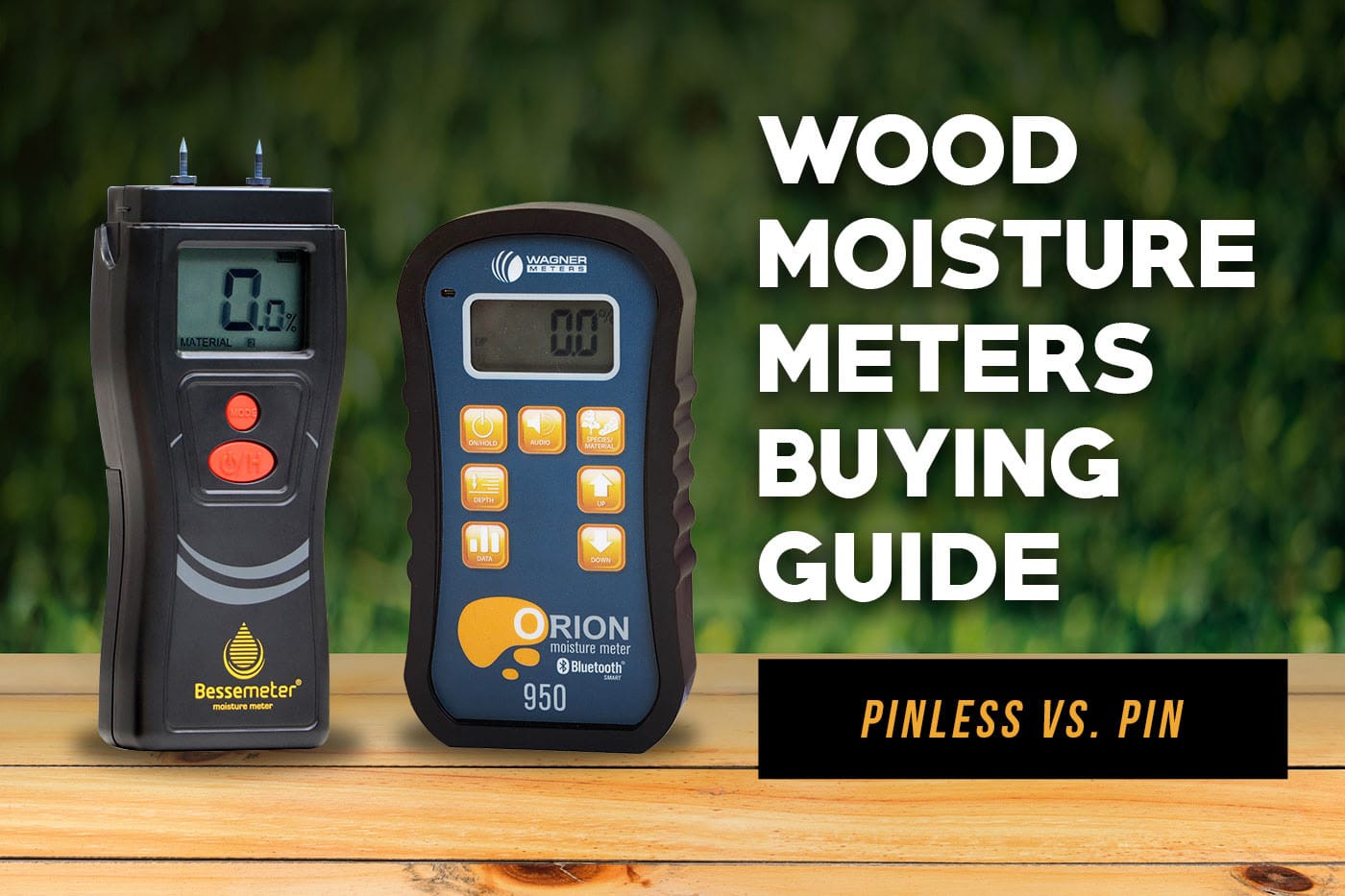Why Every Property Owner Demands a Moisture Meter: Key Advantages and Attributes
Why Every Property Owner Demands a Moisture Meter: Key Advantages and Attributes
Blog Article
The Ultimate Overview to Moisture Meters: A Comprehensive Review and Just How They Can Save You Cash
In the realm of building upkeep, building and construction, and numerous markets, the relevance of properly determining wetness levels can not be overemphasized. Wetness meters act as crucial tools in spotting and keeping track of moisture content in products, assisting in stopping expensive problems and guaranteeing the quality of items. Comprehending the nuances of various sorts of dampness meters, their applications, and the prospective cost-saving advantages they use can be a game-changer for experts and companies alike. Uncovering how these tools can not only streamline procedures but likewise add to monetary cost savings is a journey worth getting started on.
Sorts Of Moisture Meters
One usual type is the pin-type moisture meter, which determines the electric resistance between 2 pins inserted into a product. Pinless moisture meters, on the other hand, use electromagnetic sensing unit plates to check a bigger location without causing damage to the material's surface.
Moreover, there are additionally specialized dampness meters designed for particular products like hay, dirt, or grain. These meters offer exact dampness analyses customized to the unique homes of the product being tested. Infrared dampness meters determine the thermal residential or commercial properties of a material to determine its moisture web content non-invasively, making them beneficial for applications where pin or pinless meters might not appropriate. Recognizing the different sorts of wetness meters available can aid markets select the most appropriate tool for their particular dampness measurement demands.

Advantages of Utilizing Moisture Meters

Additionally, utilizing wetness meters can lead to increased power effectiveness. By recognizing locations with high wetness degrees, such as leakages or poor insulation, changes can be made to improve energy conservation and decrease utility prices. In farming settings, wetness meters play a critical duty in optimizing crop yields by allowing farmers to keep an eye on dirt dampness levels and make informed watering decisions. On the whole, the advantages of utilizing dampness meters span across numerous sectors, providing economical options and promoting far better quality control methods.
How to Choose the Right Moisture Meter
Choosing the appropriate dampness meter includes considering vital elements such as material compatibility, dimension range, and calibration precision. When picking a dampness meter, it's necessary to make sure that the meter appropriates for the details material you will be testing. Different materials have varying electric homes browse around this site that can impact dampness readings, so selecting a meter created for your material is important for precise results. In addition, think about the dimension variety of the moisture meter. Make sure that the meter can spot dampness degrees within the variety needed for your applications. Calibration precision is one more essential aspect to maintain in mind (Moisture Meter). Select a moisture meter with trusted calibration to ensure regular and exact readings. Some meters might need regular calibration changes, so recognizing the calibration process is very important. By meticulously assessing these elements, you can choose a dampness meter that fulfills your demands and gives exact wetness measurements for your tasks.
Proper Techniques for Moisture Meter Use
To ensure exact wetness analyses and make the most of the efficiency of a dampness meter, utilizing appropriate methods is vital. When utilizing a pin-type dampness meter, put the pins or probes into the material being tested up until they make complete get in touch with. By complying with these appropriate methods, individuals can rely on their wetness meter to give trustworthy dampness levels, helping in preventing costly damages or making certain high quality in numerous applications.

Price Financial Savings With Moisture Meter Applications
Just how can the strategic usage of dampness meters bring about considerable cost financial savings across numerous markets? Wetness meters play a vital duty in expense financial savings by protecting against prospective damages and making sure quality assurance in various markets. In the farming industry, moisture meters aid in establishing the ideal time for collecting plants, preventing over-drying or excess wetness that can affect the last item's high quality. This exact monitoring helps farmers avoid unneeded losses and optimize their return.

Furthermore, in the food processing industry, moisture meters are essential for monitoring product high quality and guaranteeing compliance with safety and security policies. By precisely measuring dampness content in food products, suppliers can protect against wasting, preserve quality, and minimize waste, resulting in substantial price financial savings. On the whole, the strategic application of wetness meters is an important financial investment that can bring about significant price decreases and boosted performance throughout different sectors.
Final Thought
In final thought, moisture meters are important tools for measuring and finding wetness levels in numerous materials. By using the right moisture meter and complying with appropriate techniques, individuals can effectively protect against costly damages created by excess dampness.
Wetness meters offer as vital devices in finding and keeping an eye on moisture web content in materials, aiding in protecting against pricey problems and ensuring the top quality of items. Infrared dampness meters determine the thermal properties of a material to determine its dampness web content non-invasively, making them helpful for applications where pin or pinless meters may not be suitable.Wetness meters use very useful advantages in precisely monitoring and assessing wetness degrees in diverse materials and atmospheres. In farming setups, dampness meters play an essential function in maximizing crop returns by allowing farmers to check soil dampness degrees and make notified irrigation choices.In final thought, dampness meters are valuable devices for identifying and determining moisture levels in different products.
Report this page